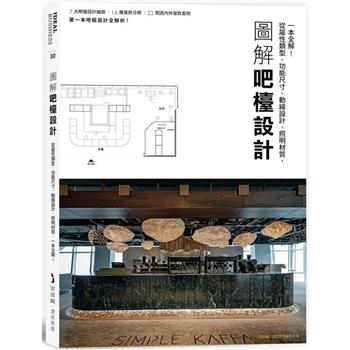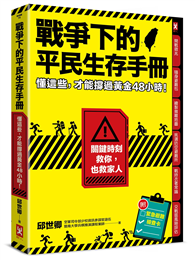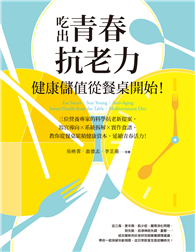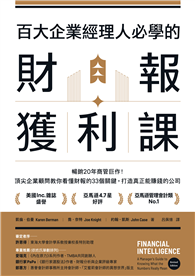Specialized public resources for survivors of intimate partner violence (IPV) are increasingly common and diverse--from protection order courts and dedicated domestic violence units in police precincts to a vast network of community-based emergency shelters and counseling services. Yet little consensus exists regarding which resources actually work to reduce violence and help survivors lead the lives they would like to live. This book is an account of these resources and IPV survivors’ experiences with them in three communities in the United States.
Through detailed observations of services such as court procedures, public benefits processes, and community-based IPV programs as well as in-depth interviews with dozens of IPV survivors and practitioners, Shoener describes how our current institutional response to IPV is often not useful--and sometimes quite harmful--for IPV survivors with the least material, social, and cultural capital to spare. For these women, as the interviews vividly record, IPV has long-term economic and social consequences, disrupting career paths and creating social isolation.
| FindBook |
有 1 項符合
The Price of Safety: Hidden Costs and Unintended Consequences for Women in the Domestic Violence Service System的圖書 |
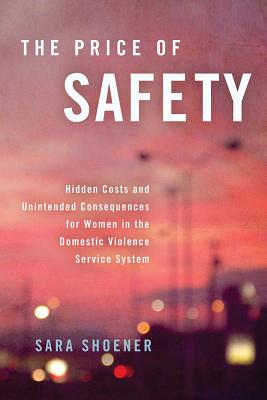 |
The Price of Safety: Hidden Costs and Unintended Consequences for Women in the Domestic Violence Service System 作者:Sara,Shoener 出版社:Vanderbilt Univ Pr 出版日期:2017-01-24 語言:英文 規格:精裝 / 14 x 21.6 x 1.9 cm / 普通級 |
| 圖書館借閱 |
| 國家圖書館 | 全國圖書書目資訊網 | 國立公共資訊圖書館 | 電子書服務平台 | MetaCat 跨館整合查詢 |
| 臺北市立圖書館 | 新北市立圖書館 | 基隆市公共圖書館 | 桃園市立圖書館 | 新竹縣公共圖書館 |
| 苗栗縣立圖書館 | 臺中市立圖書館 | 彰化縣公共圖書館 | 南投縣文化局 | 雲林縣公共圖書館 |
| 嘉義縣圖書館 | 臺南市立圖書館 | 高雄市立圖書館 | 屏東縣公共圖書館 | 宜蘭縣公共圖書館 |
| 花蓮縣文化局 | 臺東縣文化處 |
|
|
圖書介紹 - 資料來源:博客來 評分:
圖書名稱:The Price of Safety: Hidden Costs and Unintended Consequences for Women in the Domestic Violence Service System
|



